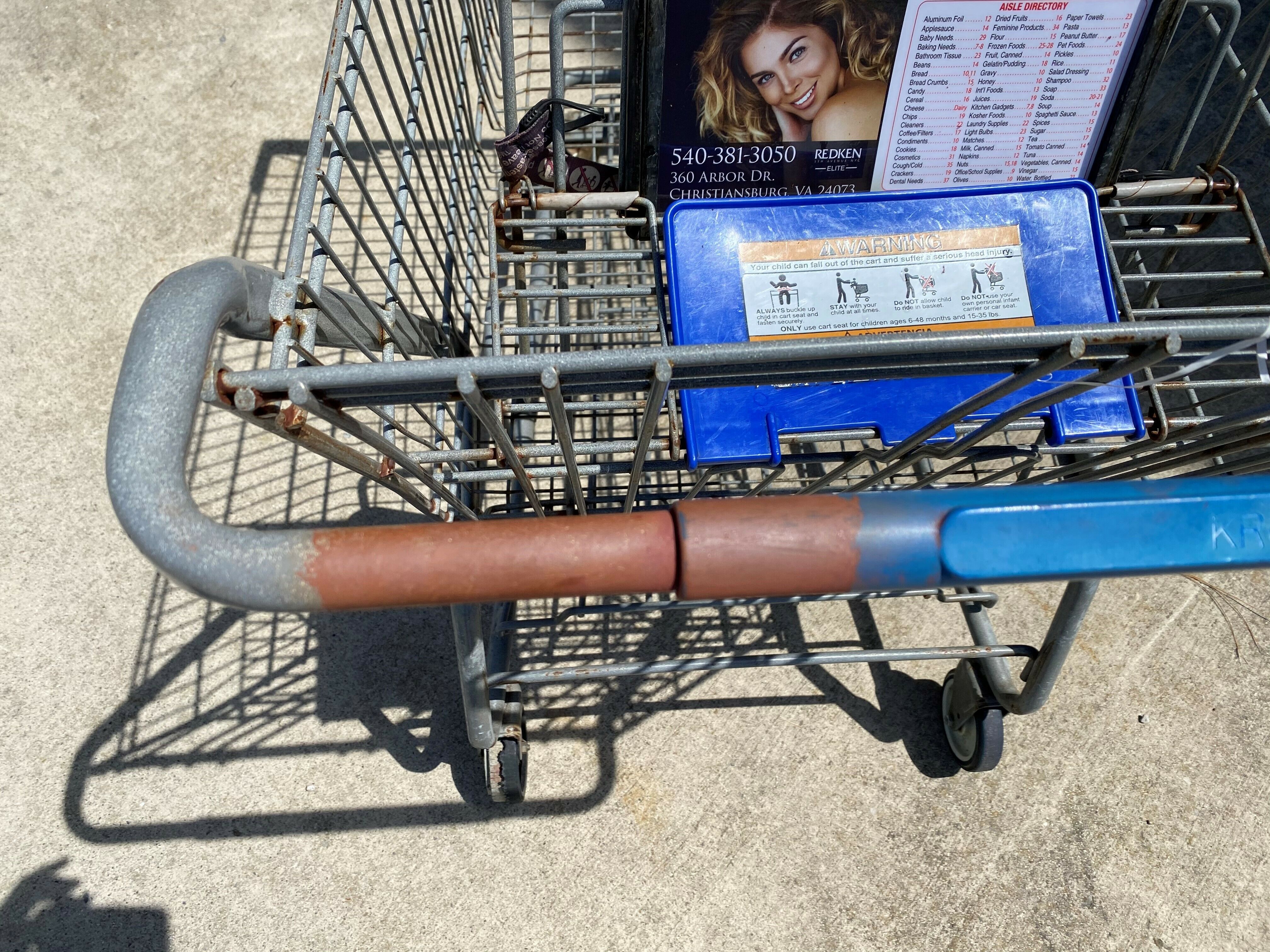
A Virginia Tech scientist has created a coating that he said can be applied to common-use items to kill the novel coronavirus virus that causes COVID-19.
“It inactivates 99.9% of the virus in one hour,” Virginia Tech chemical engineering professor William Ducker said.
The coating can be applied to everything from doorknobs to grocery cart handles and gas pump nozzles. Ducker’s work with researcher Leo Poon, a professor and researcher at the University of Hong Kong’s School of Public Health has been underway since April.
Initial tests show the new coronavirus, officially named SARS-CoV-2, is undetectable one hour after contact with treated surfaces; but Ducker believes additional tests will show the coating is capable of quicker results.
“Poon is now testing it at shorter periods, down to minutes, and we’re going to get those results next week,” Ducker said.
The researchers are hopeful the coating’s killing power activates within a couple minutes, “and if it doesn’t, we’re already working on the solution. We’re trying to make it better,” Ducker said.
The coating is not a disinfectant that only sanitizes items until the next contaminant comes along.
“One great thing about it is it just keeps going on and on and on. You don’t need to re-coat, re-wipe, re-anything,” Ducker said. “Once the coating’s on there — from now until Christmastime — it’s going to be inactivating the coronavirus without any human intervention.”
The coating is also durable, according to Ducker.
“The American standard test — which is slashing it with a razor blade to see whether it peels off — it passed that very well,” he said.
Ducker has high hopes that the coating can be used in a number of places.
“I’d love it if we could roll this out and get it to companies like hotels, casinos, cruise liners, hospitals and public transportation, so it could start inactivating coronavirus in all those places,” Ducker said.
He thinks it can give peace of mind to people who are afraid that surfaces they are touching could potentially make them sick.
“I love the fact that [the coating] actually worked. I’d love to have partners to get it out into the consumer space so that people can be helped by it,” Ducker said. “That’s something that would make me feel even better than inventing it — I’d like to see it actually used.
The research is published in ACS Applied Materials & Interfaces, a scientific journal for chemists, engineers, biologists and physicists.
- Sign up for WTOP alerts
- Latest coronavirus test results in DC, Maryland and Virginia
- Coronavirus FAQ: What you need to know
- Coronavirus resources: Get and give help in DC, Maryland and Virginia
- Teachers union skeptical about Montgomery Co. schools’ return plan
- Millions of kids told full return to school in fall unlikely
- Bike boom brought on by pandemic includes nonprofits that refurbish bikes
Looking for more information? D.C., Maryland and Virginia are each releasing more data every day. Visit their official sites here: Virginia | Maryland | D.C.








